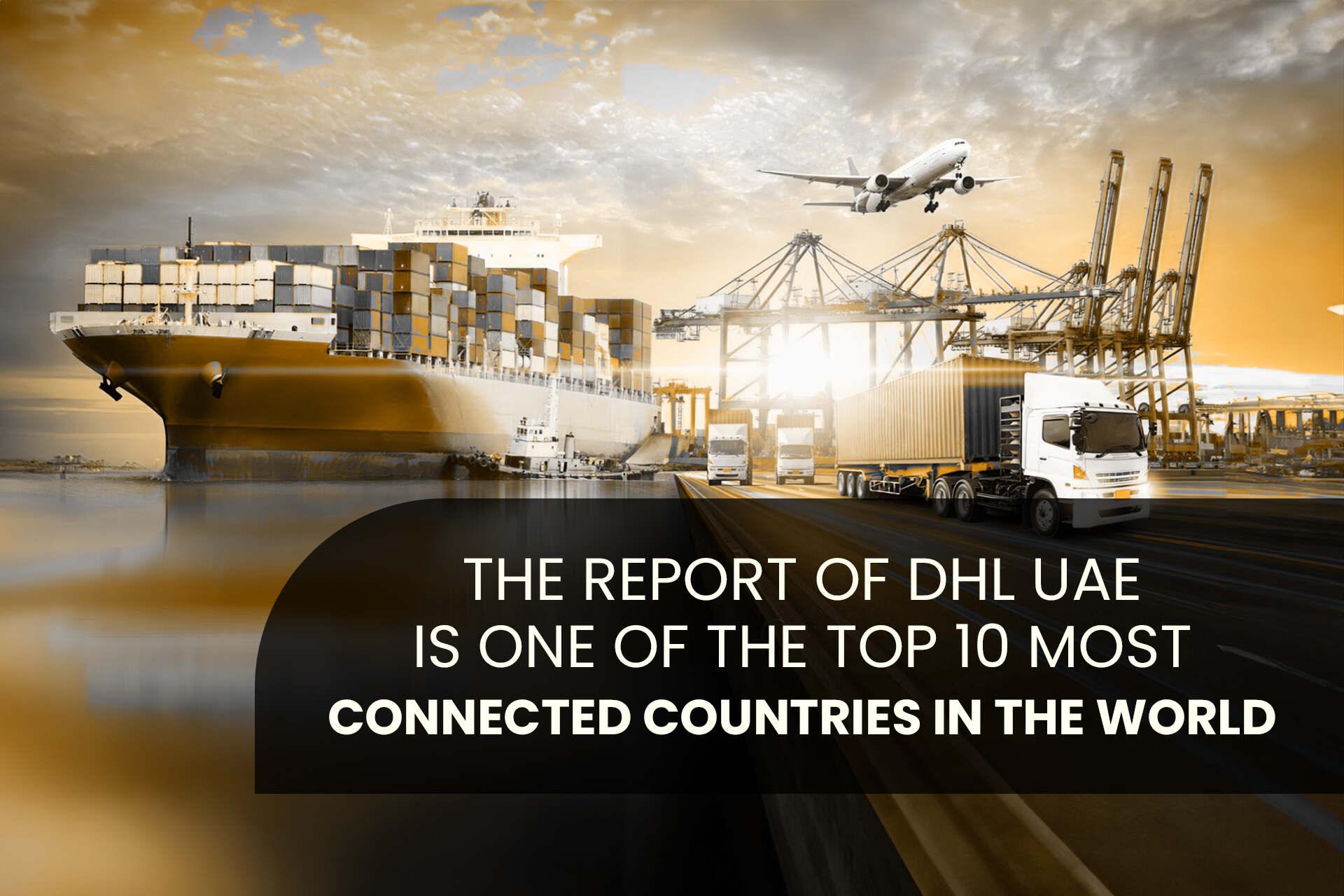
The most important statistics that the report of DHL UAE highlighted
According to the report of DHL UAE, the United Arab Emirates has risen to the 8 positions among the world’s top ten most globalized nations in DHL’s Global Connectedness Report. Along with recording the biggest performance gain since 2001, it has also taken the top rank among the 181 countries examined for growing connections. This shows how physical and digital links are accelerating at a faster rate to support international trade and boost global supply chains.
The report of DHL UAE states that trade, investment, immigration, and tourism all contribute to the Middle East and North Africa’s (MENA) continued strong connectivity too much of the rest of the globe. MENA ranks second in trade, despite North America leading in capital and information flows and Europe leading in trade and people flow. This is due to the importance of the oil trade, the growing influence of the Gulf countries in global trade networks, and the close ties that many North African nations have with Europe.
The numbers and statistics that the report highlighted for globalization around the world
The DHL UAE report of 2024 has used almost 9 million data points. DHL’s Global Connectedness Report presents a distinctive and thorough picture of the global movement of people, capital, information, commodities, and services. This year, the study employed a technique that, for the first time, rates the degree of globalization around the world on a scale from 0% (nothing crosses national borders at all) to 100% (a “frictionless” world where distance and borders are irrelevant at 25%).
The results of the DHL UAE report additionally indicate that global flows have demonstrated remarkable resilience, expanding across longer distances and growing at a quicker rate than local activity, despite global economic challenges. Countries can nevertheless engage in international trade through a variety of channels as a result. To promote international trade and the movement of capital, information, and talent, the Middle East region—which includes the UAE—has grasped this chance and increased its digital networking
The opinion of Amadou Diallo, CEO of DHL Global Forwarding Middle East & Africa
The DHL UAE report mentioned that despite the economic turbulence over the past few years, DHL’s Global Connectedness report shows that globalization reached a record high in 2022 and remained close to that level in 2023,” stated Amadou Diallo, CEO of DHL Global Forwarding Middle East & Africa. Businesses increased their revenues overseas and broadened their global footprint. More precisely, the UAE has made investments to broaden the reach of its connectedness by utilizing technology and enacting national regulations that promote international trade, interchange, and talent attraction.
The DHL UAE report also highlighted that along with a growth in the value of announced greenfield foreign direct investment (FDI) and publicly traded companies from most nations earning more of their sales abroad, the study also shows a solid thirst for international expansion. After suffering greatly from the COVID-19 pandemic, people continued to show signs of recovery in 2023. By the end of 2024, international travel was expected to fully recover and was at 88% of pre-pandemic levels worldwide. According to data from the UN World Tourism Organization, the Middle East was leading the recovery in travel, with international visitors already 23% above pre-pandemic levels in 2023.
Conclusion of the report and its effect on global trading
According to the analysis of the DHL UAE report, there isn’t a noticeable global transition from globalization to regionalization happening just yet. A decreasing portion of international flows occurs within significant geographic regions, with the majority occurring over steady or even greater distances. Only North America exhibits a discernible move toward more regionalized trade patterns. New trade linkages are developing and growing swiftly in the UAE and the larger MEA region as well, and they are a major factor in contributing to and speeding up globalization as a whole.




